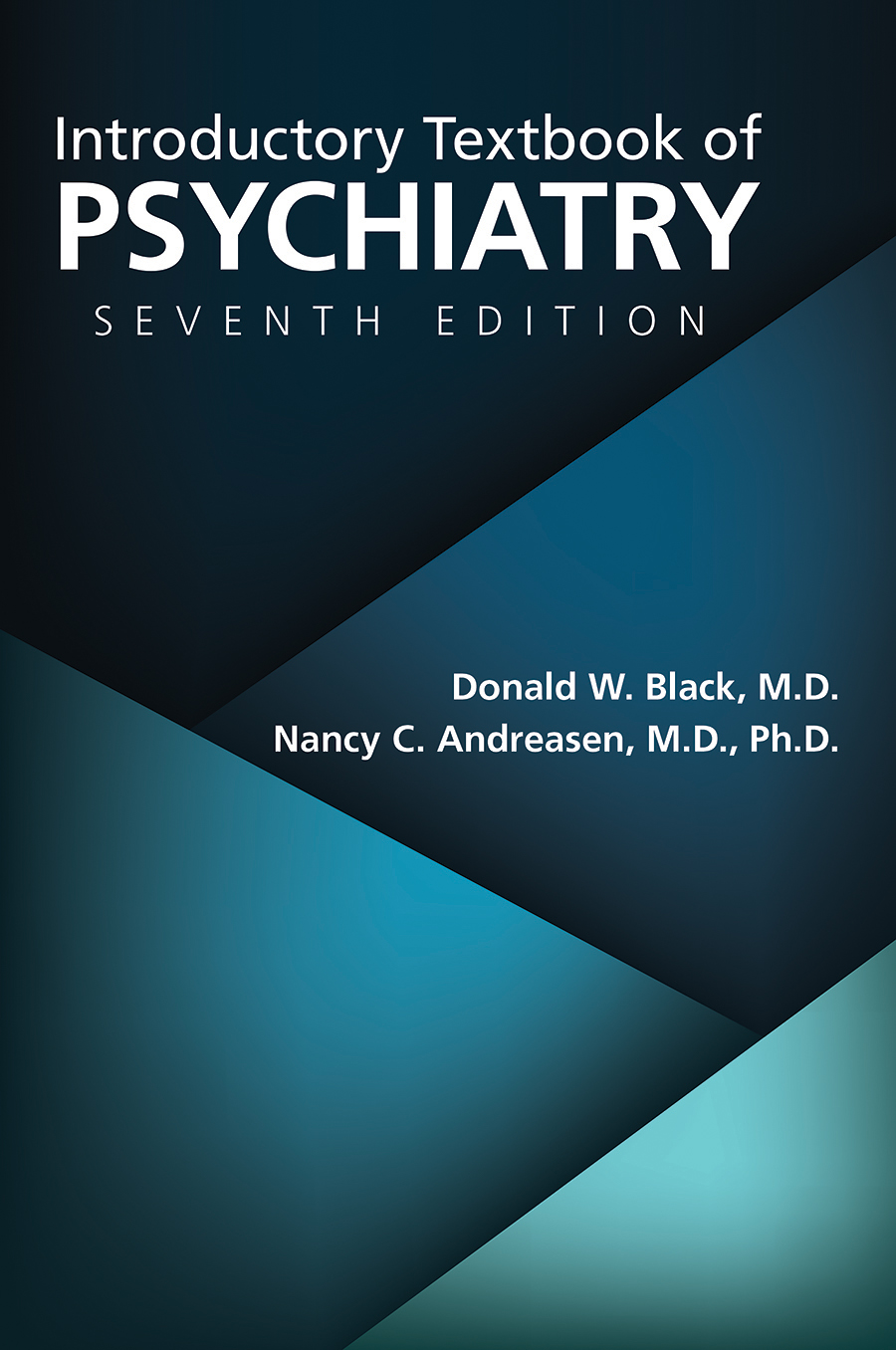Chapter 20.Psychotherapy
Sections
Excerpt
Because psychiatrists deal with disorders that involve thoughts, feelings, and relationships, it is essential that they become skilled in using therapies directed at the mind in addition to the brain, collectively referred to as psychotherapy. Beginning students often wonder whether there is any need to learn about psychotherapy. This lack of interest is unwarranted. In addition to the growing neuroscience base demonstrating the biological mechanisms by which psychotherapy works, a substantial empirical base has confirmed the effectiveness of these treatments. For some disorders, such as borderline personality disorder, psychotherapies are first-line treatments. For many other disorders, such as bipolar disorder, they are an important adjunct to medications by encouraging treatment adherence, educating patients about their disorder, and providing insight or support to deal with the psychological consequences of having a major mental disorder.
Access content
To read the fulltext, please use one of the options below to sign in or purchase access.- Personal login
- Institutional Login
- Sign in via OpenAthens
- Register for access
-
Please login/register if you wish to pair your device and check access availability.
Not a subscriber?
PsychiatryOnline subscription options offer access to the DSM-5 library, books, journals, CME, and patient resources. This all-in-one virtual library provides psychiatrists and mental health professionals with key resources for diagnosis, treatment, research, and professional development.
Need more help? PsychiatryOnline Customer Service may be reached by emailing [email protected] or by calling 800-368-5777 (in the U.S.) or 703-907-7322 (outside the U.S.).



